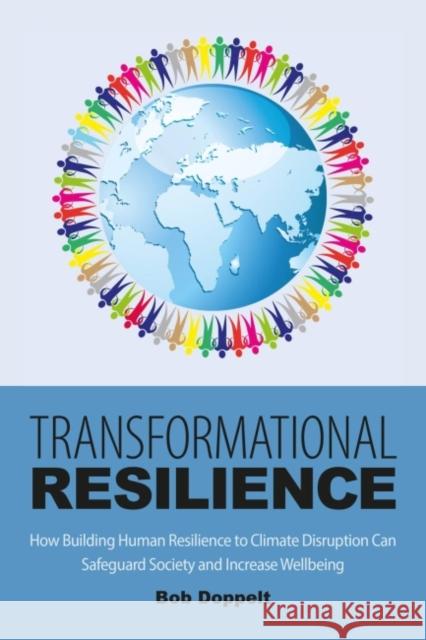Transformational Resilience: How Building Human Resilience to Climate Disruption Can Safeguard Society and Increase Wellbeing » książka
Transformational Resilience: How Building Human Resilience to Climate Disruption Can Safeguard Society and Increase Wellbeing
ISBN-13: 9781783535262 / Angielski / Twarda / 2016 / 368 str.
Transformational Resilience: How Building Human Resilience to Climate Disruption Can Safeguard Society and Increase Wellbeing
ISBN-13: 9781783535262 / Angielski / Twarda / 2016 / 368 str.
(netto: 723,00 VAT: 5%)
Najniższa cena z 30 dni: 680,04
ok. 22 dni roboczych.
Darmowa dostawa!
This book calls on all climate programs to expand beyond emission reductions and physical adaption, to focus on assisting individuals and groups to learn skills to use the adversities caused by climate change to learn, grow and flourish. It urges mental health, education, and faith leaders to expand beyond post crisis-treatment to emphasize building preventative personal and psychosocial resilience skills. Failure to proactively help people deal constructively with the harmful mental health and psychosocial impacts of climate disruption will seriously impair the safety and health of individuals as well as the security and social wellbeing of organizations, communities and whole societies for generations to come. It will also delay or completely block efforts to reduce the impacts of climate disruption to manageable levels.
Doppelt begins by describing how natural human psychobiological reactions to the traumas and toxic stresses generated by climate disruption damage the psychological, emotional, and social wellbeing of individuals, organizations, communities and whole societies. Using numerous examples, including his own organization's Transformational Resilience program, the author describes methods and skills that may be used to build capacity within all levels of societies to avoid self and socially harmful reactions and use the traumas of climate change as catalysts to find new meaning, direction, and hope in life.
Using the author's extensive experience of advising public, private and non-profit sectors on using behavioral and systems change knowledge and tools, this book applies an important new perspective to the question of how to successfully respond to climate change.











